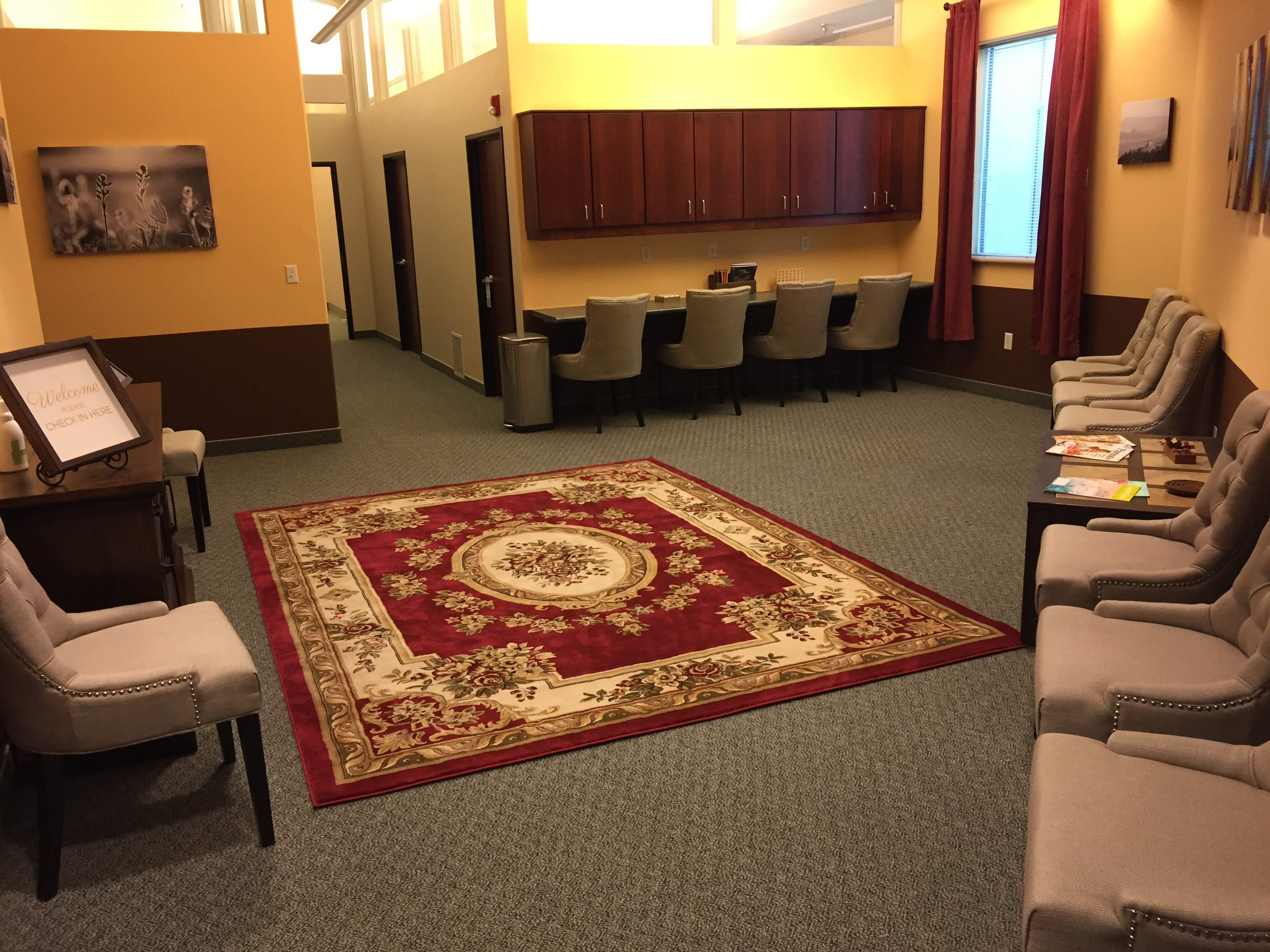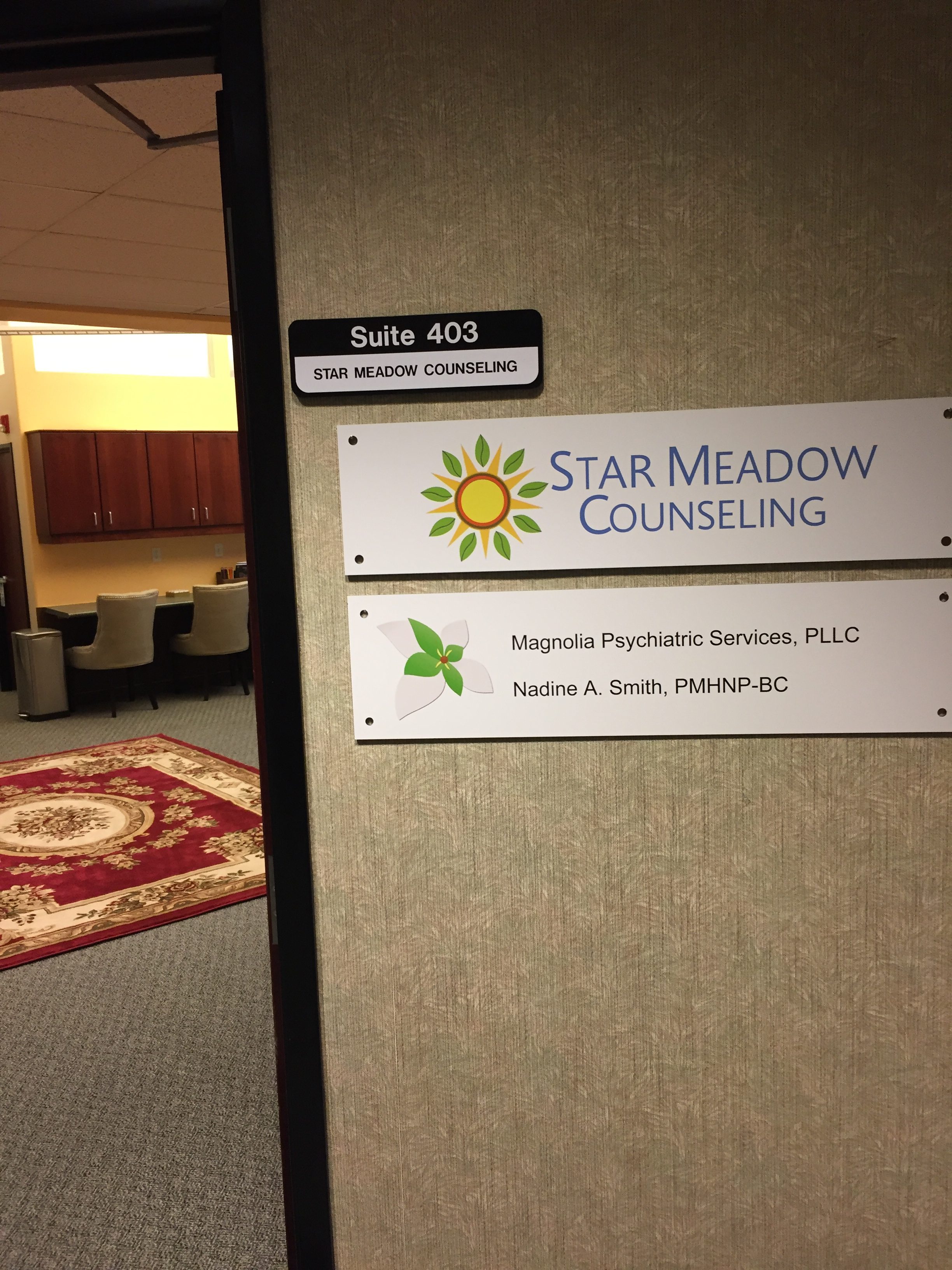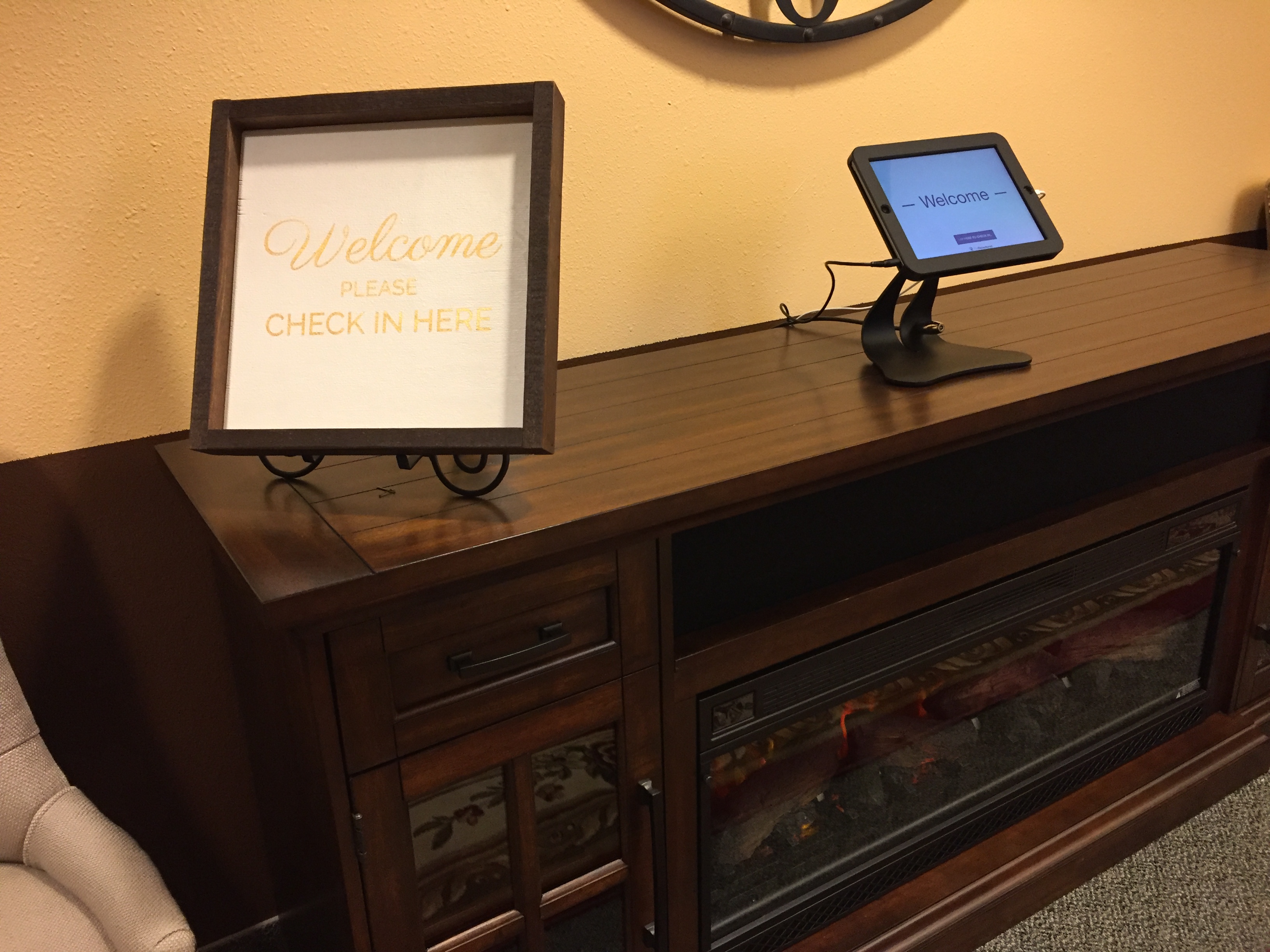
by Ericka Martin, LMHC, LPC | Self Worth
Fear of failure causes us to put the brakes on our life. When we’re so afraid of failing at something, we either don’t try at all, or we subconsciously undermine our own efforts to avoid an even bigger failure. Without question, fear of failure is immobilizing and, when we allow it to dictate our choices and sit on the sidelines, we miss great opportunities and potential for success.
Signs of Fear of Failure
While none of us like to fail at anything, how do you know if your fear is an actual phobia (called “atychiphobia”) and one that is likely limiting your life? Here are some signs to watch for:
- A reluctance to try new things
- Self-sabotage in the form of procrastination or failure to follow through with goals
- Low self-esteem or self-confidence
The thing to remember with failure is, it’s all a matter of perspective. We are the ones who ultimately decide how we want to think about failure. We have two choices. We can either think of failure as:
- ‘Proof’ of inadequacy, or…
- An awesome learning experience
When we fail, we are given powerful lessons that help us to grow as people. In this way failure is like manure – some people see it as a nutrient-rich fertilizer while others see it as a pile of, well, you get the idea.
The bottom line is, failure stops us only if we let it. Did you know Michael Jordan, widely considered the greatest basket player of all time, was cut from his high school basketball team because his coach didn’t think he had enough skills? Jordan could have let fear of future failure stop him from becoming a legend, but he didn’t.
You don’t have to let fear of failure stop you from becoming a legend in your own life. Here are some ways you can cope:
Separate Your Identity from Failure
Most of us blur the lines between a personal failure and our overall identify. Just because you haven’t tasted success yet doesn’t mean you’re a failure. Making failure personal can take a toll on your self-esteem and confidence.
Rely on Logic, Not Emotions
As I mentioned, you can learn an awful lot from failure, but in order to do so you have to look at the failure logically, even analytically, suspending emotions of regret, frustration and anger. Become a scientist and ask yourself questions: Why did you fail? Was the failure totally out of your control? What might have led to a different outcome?
Don’t Give Your Power to Other People
Fear of failure is often rooted in a need to seek approval from others. We fear if we fail, we will be harshly judged by others and lose their respect. But when we care more about what other people think of us, we give our power away. What other people think about you is not necessarily the truth about you.
Sometimes when our fear of failure is so great, it helps to talk to someone who can help you gain a new perspective on it. Seeking guidance from a therapist may be just what you need to tackle your fear of failure and live the life you were meant to live.
If you or a loved one is interested in exploring treatment, please contact us today. We would be happy to speak with you about how a counselor on our team may be able to help.

by Ericka Martin, LMHC, LPC | General
We’ve moved to a new office!
Don’t worry; we didn’t move far. Our new office is in the same building (10000 NE 7th Ave, Suite 403, Vancouver, WA 98685). You’ll take the stairs or the elevator up to the 4th floor for your counseling appointment. Our new space is in Suite 403.
Enjoy our expanded lobby, the upbeat instrumental music, and the convenience of an iPad check-in system! Welcome in!
We can’t wait for you to see our new space!

by Ericka Martin, LMHC, LPC | Relationships
Our daily lives can get so busy. Obligations to work and family, as well as taking time to care for ourselves, can often make us forget to have a little fun. If the hustle and bustle of modern life has caused you to neglect your playful side, a weekly game night may be just what you need.
A game night will not only bring you laughter and enjoyment, but it will help you spend quality time with your friends and loved ones. But with so many commitments and so little time, you might be wondering if it’s worthwhile to take time out of your busy schedule to play? If so, read on for five ways a weekly game night will benefit you and your mental health.
1. Improves Relationships
Playing games with people you care about will not only improve relationships because you’re spending quality time, but it will actually strengthen those relationships through biochemistry. As you spend time close to loved ones, your body releases oxytocin, a hormone that creates feelings of trust and intimacy, strengthening your relationships.
2. Relieves Stress
Playing games induces laughter, and as the saying goes, “laughter is the best medicine.” Laughter is a very simple way to help your body produce endorphins, a neurotransmitter that will reduce your perception of pain and lead to feelings of euphoria, modulating stress and anxiety.
3. Relieves Anxiety and Depression
Spending time with friends or loved ones can make you feel significant and more important; this causes your serotonin to flow more. Serotonin will boost your mood, helping to regulate any anxiety or depression.
4. Improves Sleep
As you enjoy yourself with friends around the table, laughing and interacting with them, you will naturally reduce the levels of cortisol in your body, reducing stress and helping you sleep more soundly. You’ll also exert energy as you play, which will tire you out at the end of the day and help you fall asleep faster.
5. Makes You Happy
Having fun releases your natural “happy chemicals”, or hormones, that impact your mood. When you’re laughing and having fun, your body releases dopamine, serotonin, endorphins and oxytocin. These hormones will naturally make you feel happier, both in the moment and in the long-term.
As you plan out your week with teacher conferences, work meetings, and lunch dates, make sure you schedule in a little time for fun. You’ll be glad you did.
Are you looking for guidance and encouragement to make your life more fulfilling and meaningful? A licensed mental health counselor can help you make changes and work towards achieving your goals. Call our office today, and schedule a time to talk.

by Ericka Martin, LMHC, LPC | Anger Management
Anger is a natural and healthy emotion that everyone feels from time to time. But when you find yourself being caught off guard with unexpected anger or feeling anger at a time when you can’t express it, it can be difficult to cope with.
So, what can you do when you find yourself feeling anger unexpectedly? Below are some strategies to help you keep your calm and respond appropriately.
1. Acknowledge Your Feelings When you’re caught off guard with anger, you might start to feel defensive or emotional and not immediately know why. Before you do or say anything, assess your feelings, acknowledge that you’re angry, and attempt to understand the likely cause of the anger. Anger is a powerfully protective emotion that is useful in informing us that something you value is under threat. Ask yourself:
- What is feeling threatened? (For example, if you are angry at your kids for interrupting as you write an important email, it might be your ability to focus that is under threat.)
- Besides anger, what other emotion am I feeling right now?
2. Take a Breath As you acknowledge you’re upset, stop and take a breath. Put physical distance between you and the other person by taking a couple of steps back.
3. Be Curious Instead of Furious If you have difficulty controlling your anger, it can be all too easy to jump instantly into furious mode and unleash your anger. Instead of being angry, be curious. Consider why this person is behaving this way, or saying these things. Maybe they had a bad morning or heard some upsetting news.
4. It’s Not Personal Oftentimes when people are behaving inappropriately or saying hurtful things, it’s because of things going on with them in their own lives. Practice reminding yourself that it’s not personal to you. You might even notice your anger deflate if you attempt to empathize with them.
5. Use “I” Statements When you’re upset, it might not always be appropriate to respond. Sometimes it’s best to just walk away. But if you do need to say something, focus on the behavior you find unacceptable without placing blame. Talk specifically about your feelings and the effect of the behavior on you. By communicating without placing blame, you are more likely to be understood and work toward a resolution, rather than putting the other person on defense and starting a conflict. If you’d like some specific assertive communication strategies, check out our blog, “How to Gear Up for an Awkward Conversation.”
If you’re still feeling upset after a difficult exchange, try calling a friend to vent, write your feelings down in a letter you’ll never send, or do some exercise. Go for a walk, or join a friend for spin class. Do something nice for yourself later, like cooking a special dinner or taking a hot bath. When it comes to anger, remember that in the long run it’s best for you to control it, rather than allow it to control you.
Are you having difficulty managing your emotions? Is anger beginning to have a significant negative impact on your life and relationships? A licensed mental health professional can help you work to more effectively manage your anger. Call our office today to schedule an appointment.

by Ericka Martin, LMHC, LPC | Insomnia
If you’re someone who spends most of the night tossing and turning and checking the time on the clock, you’re definitely not alone. According to the National Institute of Health, there are an estimated 50 to 70 million Americans chronically suffering from some kind of sleep disorder. That’s a lot of people walking around cranky and groggy!
Symptoms of Insomnia
People troubled by insomnia experience difficulty falling asleep, staying asleep, or getting back to sleep when they wake up at a very early hour. These sleep disturbances cause stress and anxiety, and make every day activities like working, remembering, and thinking clearly very challenging. Insomnia also typically causes irritability and fatigue. Persistent insomnia may also be a contributing factor of depression.
Causes of Insomnia
Insomnia is a complex condition that is still being studied. So far we do know that there are certain conditions that make people more prone to insomnia:
– Age – people over 60 are more susceptible
– Gender – females, on average, are more susceptible
– A history of depression can make you more susceptible
The main culprits of insomnia are:
– Jet lag
– Shift work
– Anxiety
– Grief
– Depression
– Stress
– Stimulants like nicotine, caffeine, and alcohol taken too soon before bed
– An overactive thyroid
– Steroid use
– Certain prescription medications (if you’re currently taking any, speak with your doctor about insomnia side effects)
– Restless leg syndrome
– Menopause and hot flashes
– Gastrointestinal conditions such as heartburn
– Conditions that make it hard to breathe like asthma and sleep apnea
– Chronic pain
As I mentioned, anxiety and depression are two of the most common causes of chronic insomnia. In these cases, cognitive behavioral therapy (CBT) can help. CBT targets the thoughts and actions that are disrupting your sleep night after night. This therapeutic strategy encourages good sleep habits while relieving anxiety.
Some therapists may use a combination of relaxation therapy and biofeedback to reduce anxiety in clients. Others may employ different strategies like breathwork and positive thinking.
Counselors recognize that each client is an individual with individual needs. One-on-one talk therapy will help a counselor determine the specific causes – in some cases there may be multiple culprits – and put together a comprehensive strategy for relief.
If you are suffering from insomnia and would like to explore practical coping strategies for getting a better night’s sleep, please contact us. We have a counselor available to discuss how you might get the rest you need.












